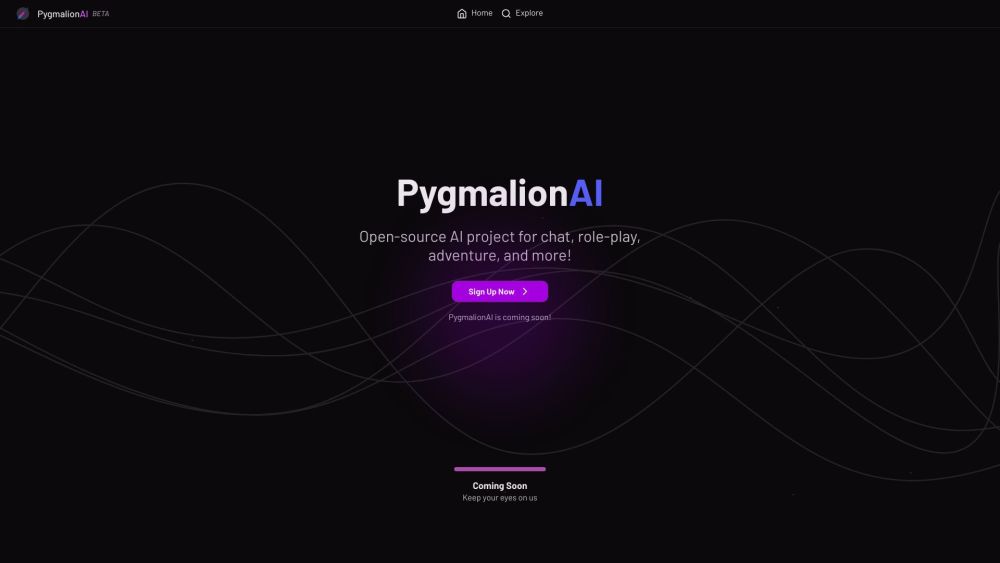Today, Pindrop, a leader in voice security, identity verification, and fraud detection, unveiled Pulse Inspect—a web-based tool designed to detect AI-generated speech in digital audio and video files with an impressive accuracy rate of 99%.
Currently available in preview as part of Pindrop’s Pulse suite, Pulse Inspect allows detection of AI-generated content irrespective of the tool or model used for its creation.
This innovative offering sets itself apart from mainstream industry practices where AI vendors typically release classifiers limited to detecting content created by their platforms. Pindrop is providing Pulse Inspect through an annual subscription, aimed at organizations needing to combat audio deepfake risks on a large scale. CEO Vijay Balasubramaniyan noted that, depending on market demand, they may introduce more affordable pricing tiers with a limited number of checks for individual consumers.
Addressing the Rise of Audio Deepfakes
While deepfakes have existed for years, the proliferation of text-based generative AI has heightened their visibility online. Tools from companies like Microsoft and ElevenLabs have been utilized to create fraudulent audio and video content mimicking celebrities, business figures, and politicians, leading to misinformation and reputational damage.
Pindrop's internal report reveals that over 12 million American adults are aware of someone who has been a victim of non-consensual deepfake creation. These replicas, spanning images, videos, and audio, exploit virality, quickly spreading across social media.
To tackle this pressing issue, Pindrop launched the Pulse suite earlier this year, with the inaugural solution focused on detecting deepfake calls to call centers. With Pulse Inspect, Pindrop extends its capabilities, enabling organizations to analyze any audio or video file for synthetic artifacts.
Efficient Audio Analysis
Pulse Inspect operates as a straightforward web application, allowing enterprise users to upload potentially questionable files for immediate analysis. Previously, identifying synthetic artifacts required labor-intensive forensic work. Now, the tool processes files in seconds, generating a “deepfake score” and pinpointing sections containing AI-generated speech.
This rapid analysis equips organizations to address misinformation proactively, preserving brand integrity.
Advanced Detection Training
Pindrop’s proprietary detection model has been trained on over 350 deepfake generation tools and 20 million unique utterances across more than 40 languages, achieving 99% accuracy in detecting deepfake audio according to internal evaluations of a dataset comprising around 200,000 samples. The model assesses media files for synthetic artifacts every four seconds, ensuring precise classification, even in mixed media environments.
Balasubramaniyan explained, “Pindrop’s technology utilizes advances in deep neural networks (DNN) and intricate spectro-temporal analysis to detect synthetic artifacts through various methods.”
Comprehensive Detection Capabilities
Pulse Inspect's strength lies in its ability to recognize deepfakes without vendor-specific limitations. Balasubramaniyan pointed out that many prevalent audio deepfakes stem from open-source tools rather than commercial ones. Pindrop’s expansive detection tool is essential for identifying synthetic audio across multiple generation systems.
However, it’s vital to acknowledge that the tool may struggle with files containing less than two seconds of speech or excessive background noise. The team is actively working to enhance detection accuracy and address these limitations.
Currently, Pindrop targets Pulse Inspect at a range of organizations, including media companies, non-profits, government agencies, celebrity management firms, legal firms, and social media platforms. While Balasubramaniyan did not disclose specific customer numbers, he confirmed that several partners are utilizing the product through volume-based annual subscriptions, including TrueMedia.org, which helps users identify deepfakes in critical election contexts.
In addition to manual uploads, Pulse Inspect can be integrated into custom forensic workflows through an API, facilitating bulk use cases such as flagging and removing harmful AI-generated content on social media.
Looking ahead, Pindrop plans to enhance the Pulse suite by improving the explainability of its tools, intending to introduce features that trace back to the source of deepfake generation while expanding support for additional modalities.





